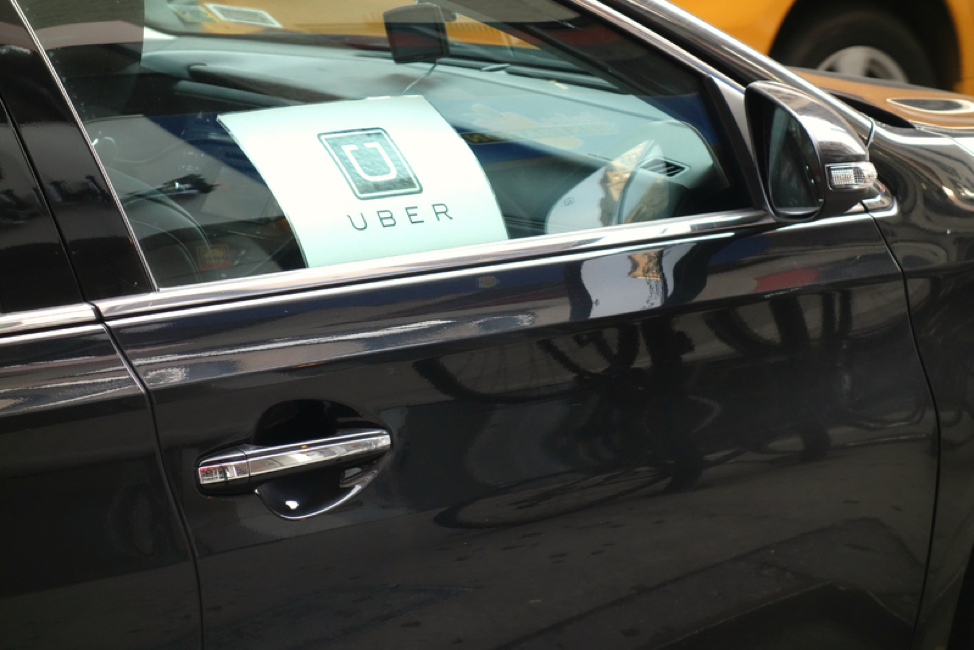With the rise of side gigs like Uber or Lyft, the gig economy has fully entered the consciousness of most business owners and their respective employees. This movement is all about people picking up little jobs here and there, either to supplement their current income or to give themselves a way to become self-employed. Regardless of the reason, this movement has definitely had an impact on the business world. Here are three ways the gig economy has changed business.
Your Employee May Have a Side Gig
Not everyone who works a side gig tells their boss. Many don’t. It could be that one of your employees is one of those people. Most of the time, it’s not an issue for an employee to have a side gig. However, it could become a problem if that gig either interferes with your employee’s job or presents a conflict of interest, an especially important consideration in industries like tech. If you are concerned about this, do be sure to create guidelines in your company handbook. This gives you something to fall back on should your employee’s extra work ever become a problem.
The Rise of Independent Contractors
Many employers like working with independent contractors for a number of reasons, including some financial ones. However, many employers who are new to this concept tend to treat these workers as if they are employees instead of independent contractors. They insist that their contractors work on-site and during the hours that they set and follow company rules for employees. But businesses need to be careful, because if the government determines that you’re treating your contractors like employees, the tax and regulatory burdens of hiring employees can still attach. If you’re unclear about how to work this out, then you need to speak with your business’s tax and accounting department to make sure that you’re adhering to government guidelines concerning the use of contractors.
Hire Only as Needed
One of the big advantages that employers get from hiring a contractor is that they can hire workers for jobs only as they need them. This can be especially handy if the contractor has a skill set that no one in your office has. It also means that you can hire extra workers to pick up the slack during the busy season and then cut back without laying off employees once business dies down again. The gig economy has given both employers and employees some new freedoms that they didn’t have before. That said, it also comes with some drawbacks. If you’ve determined that it’s in your business’s best interest to hire a contractor, then you need to be mindful of the rules involved with that.
With the gig economy becoming more common, you need to be aware of how your employee’s part-time gig could affect their work with you. Hiring a contractor could fill a unique need in your office that no one else can fulfill, but it’s important to also look at the drawbacks. Make sure you carefully evaluate your business’ needs and situation before deciding to hire an independent contractor.

